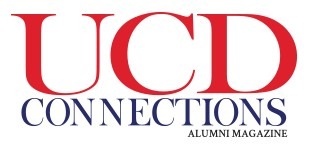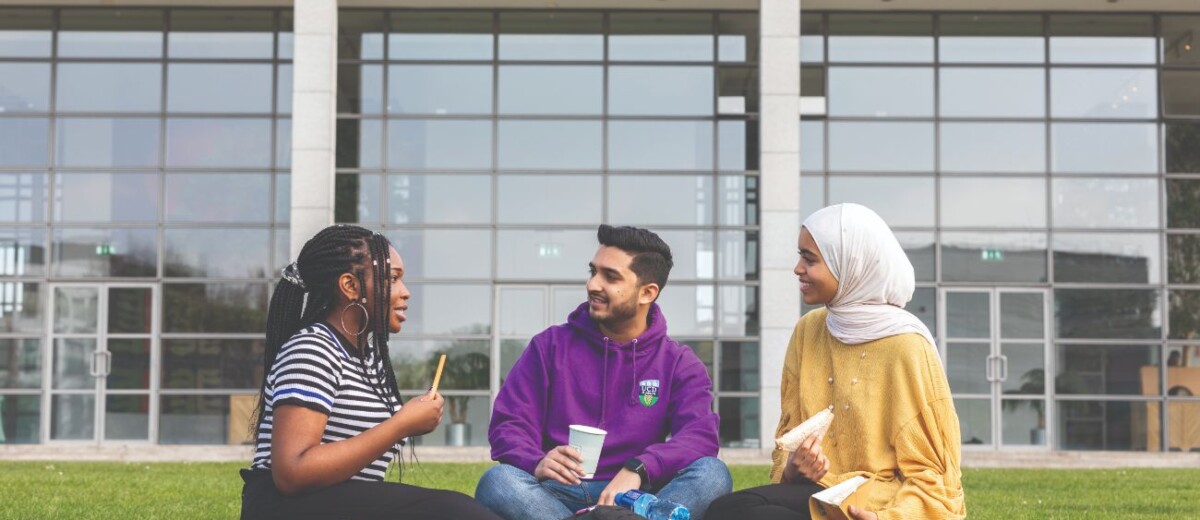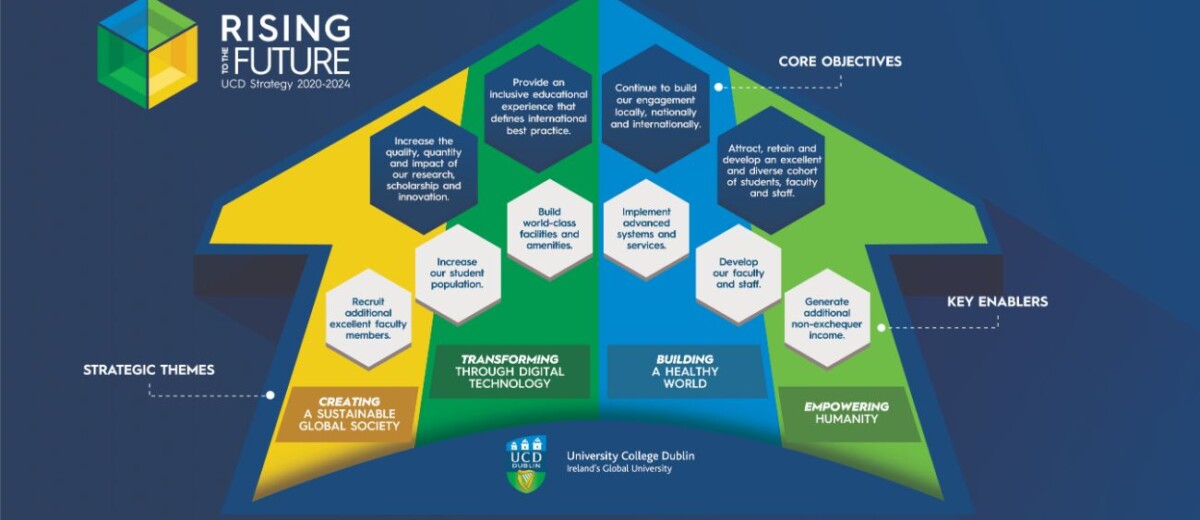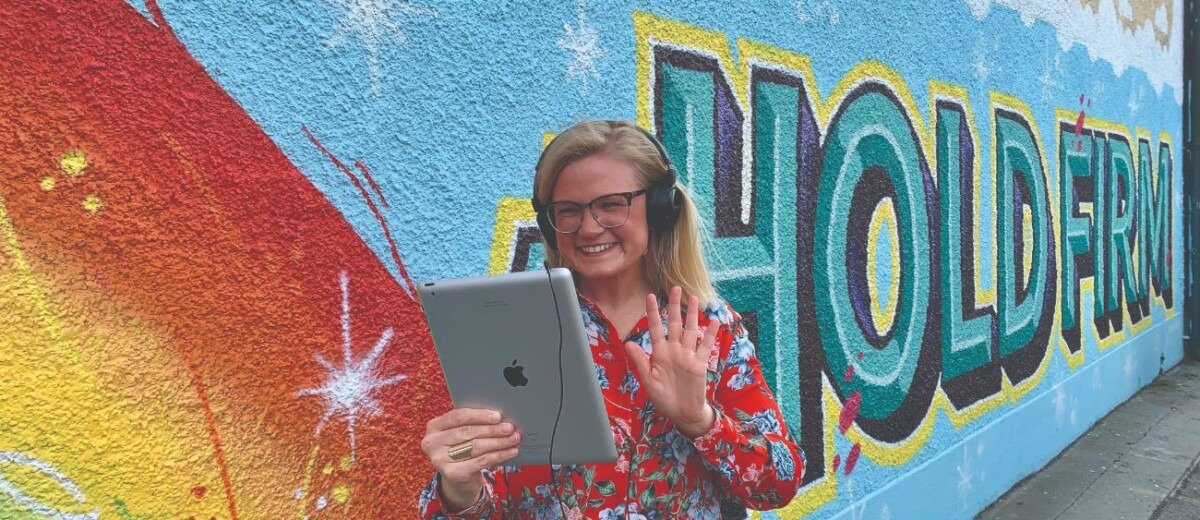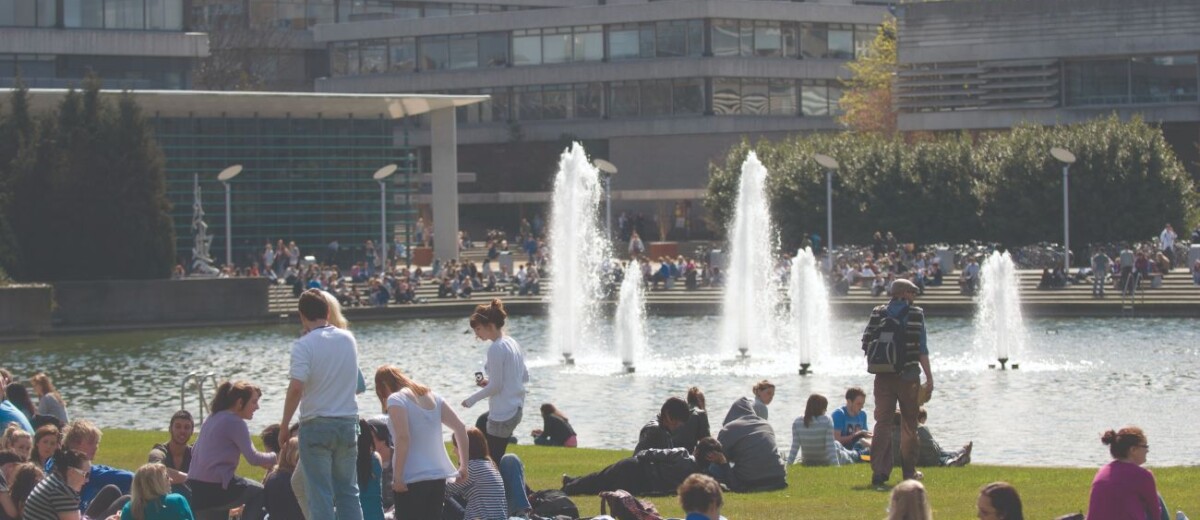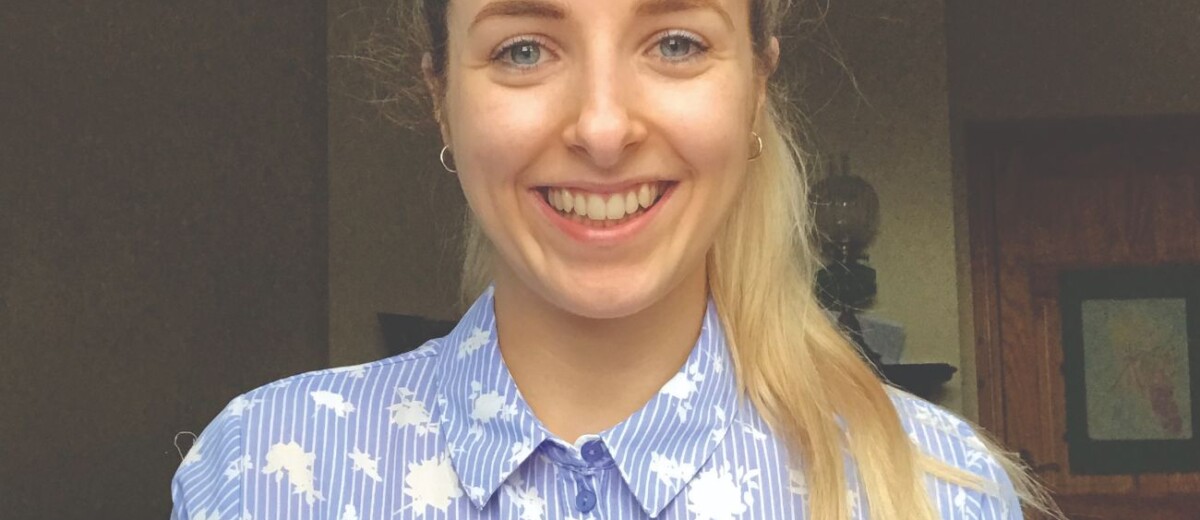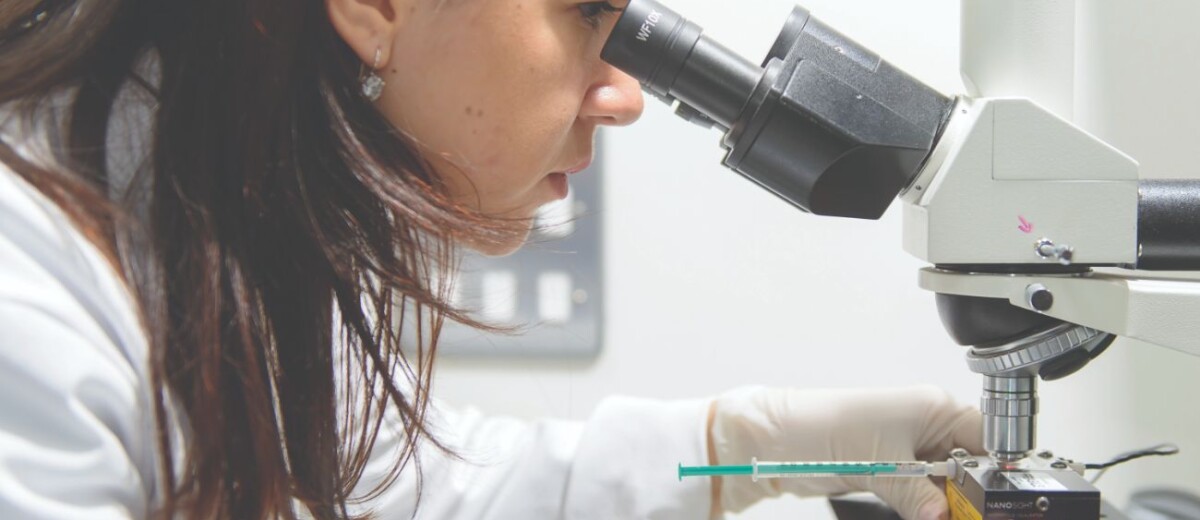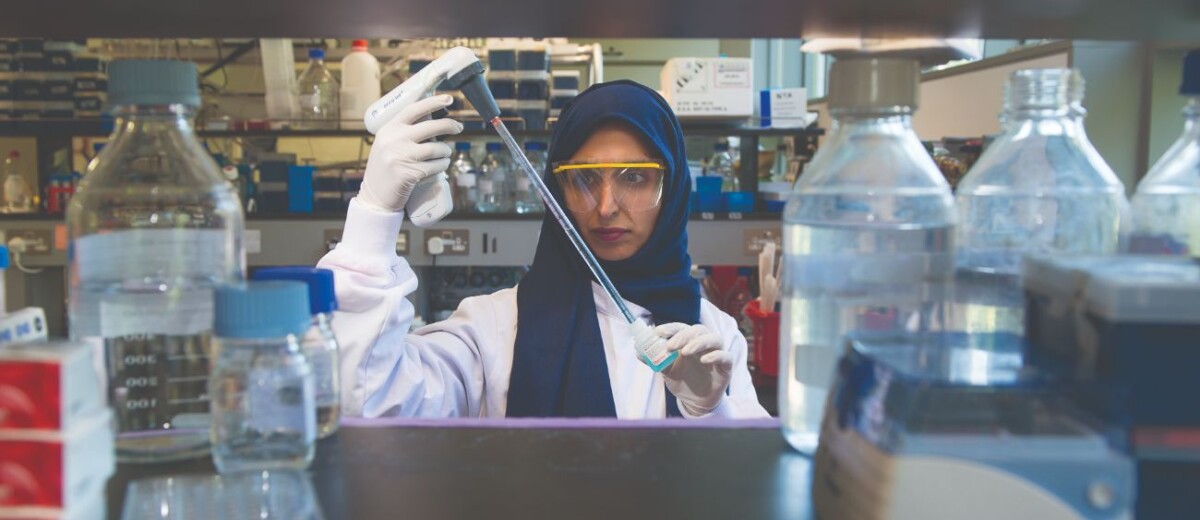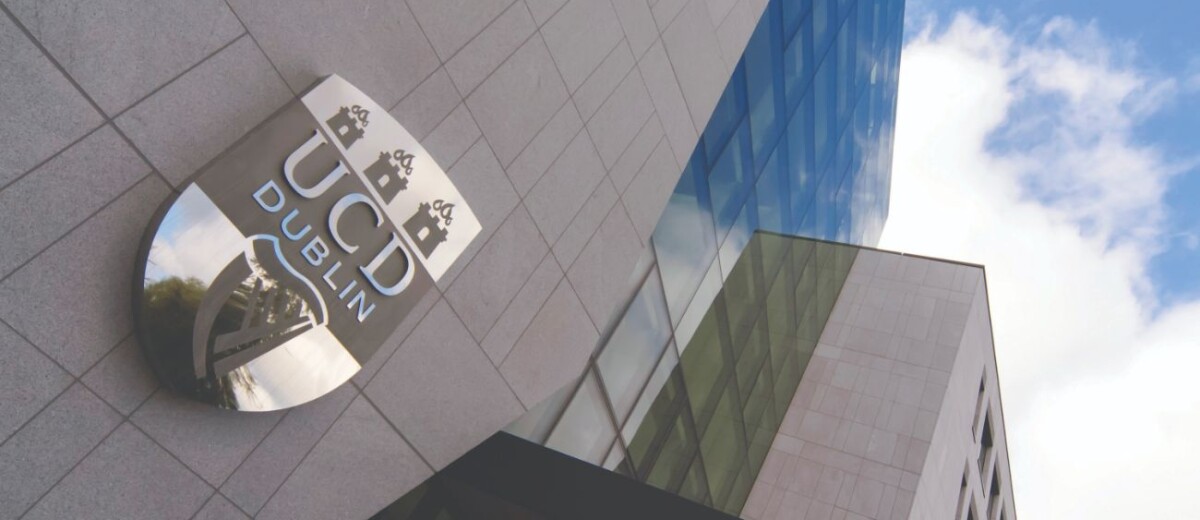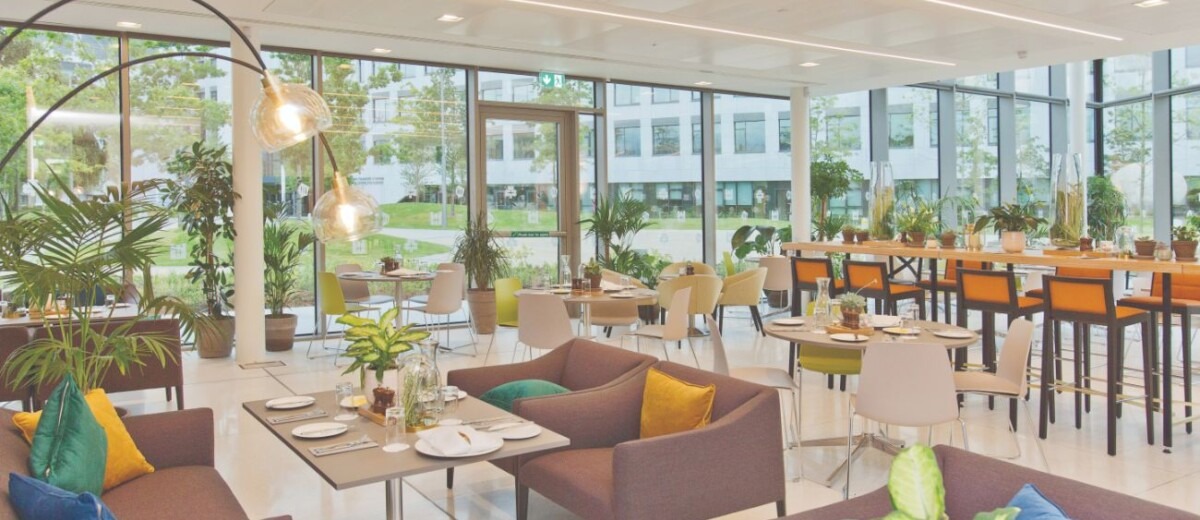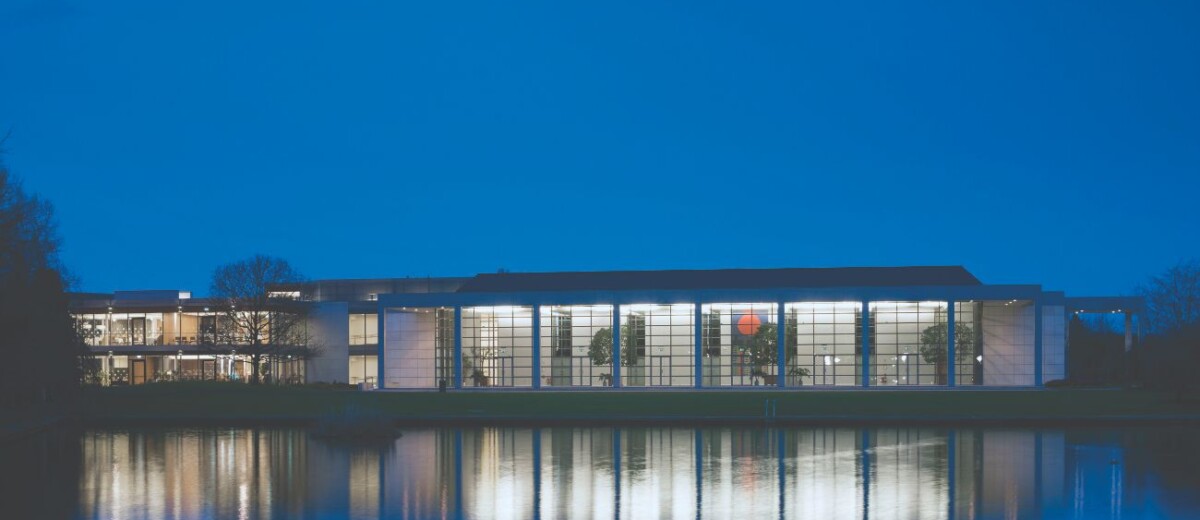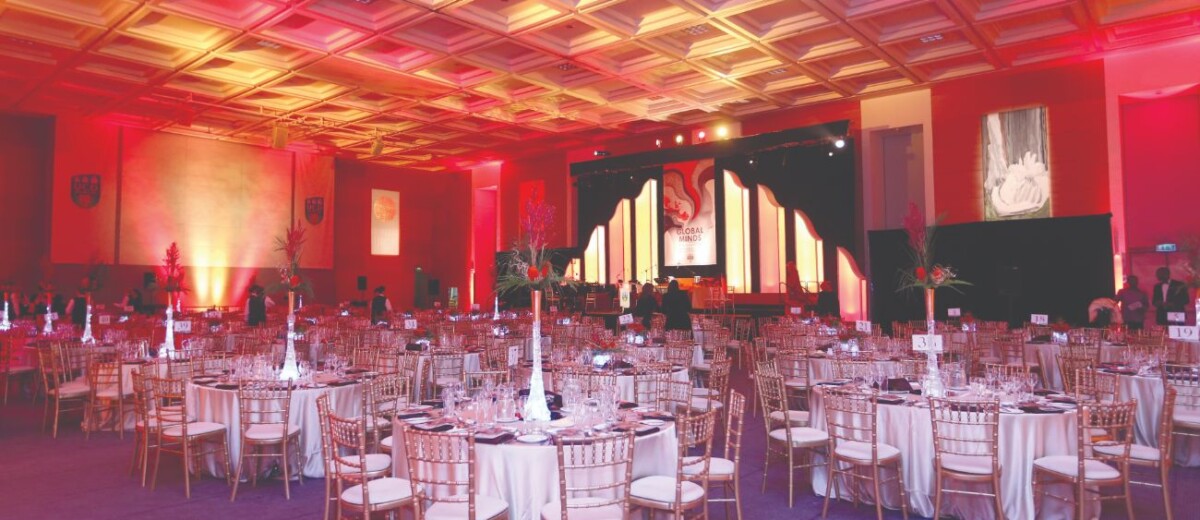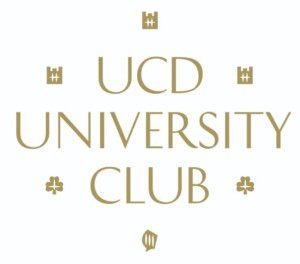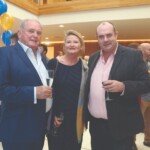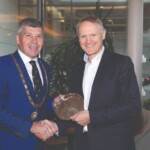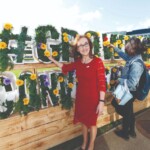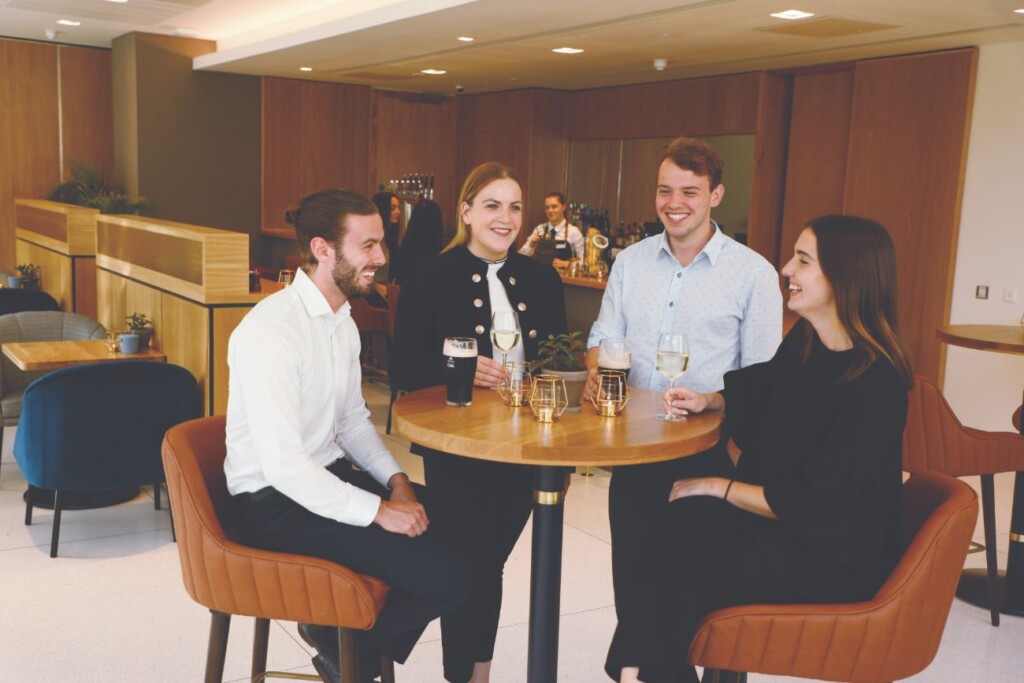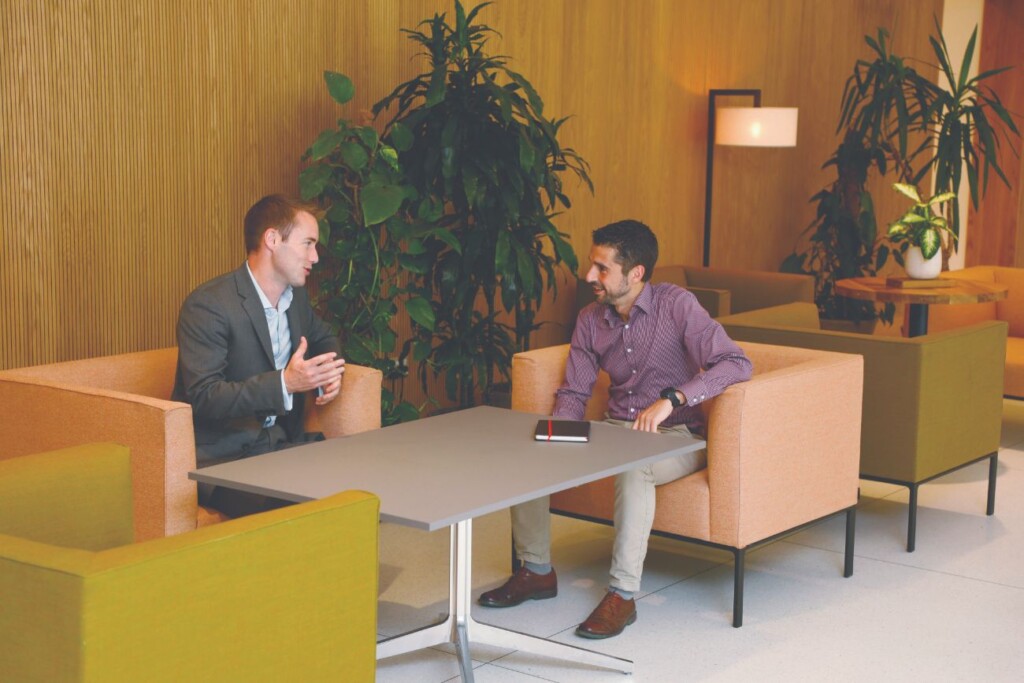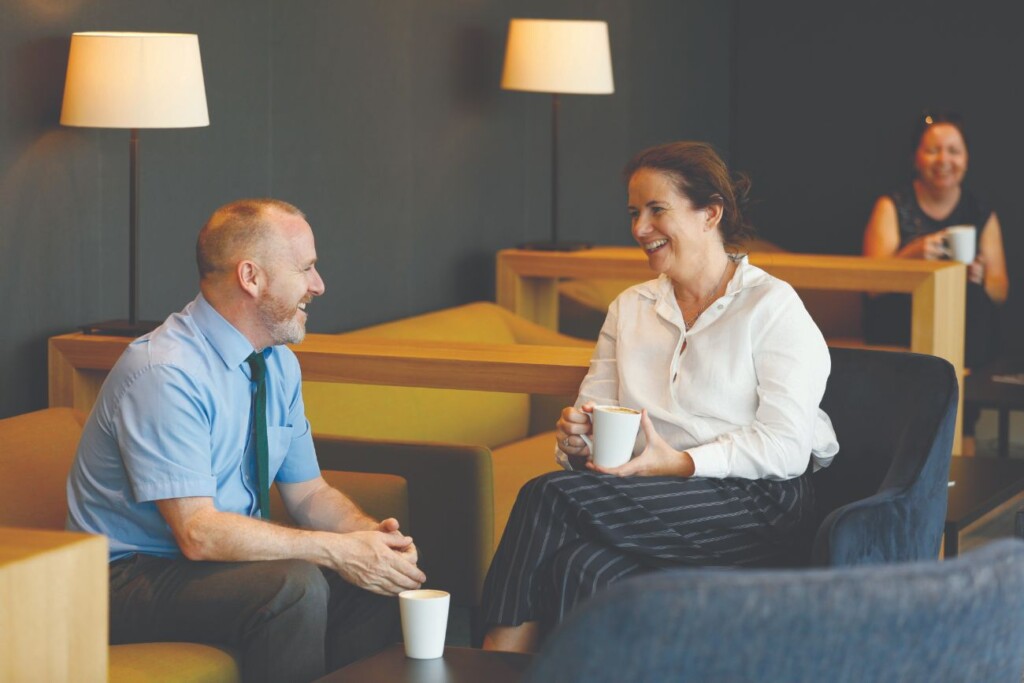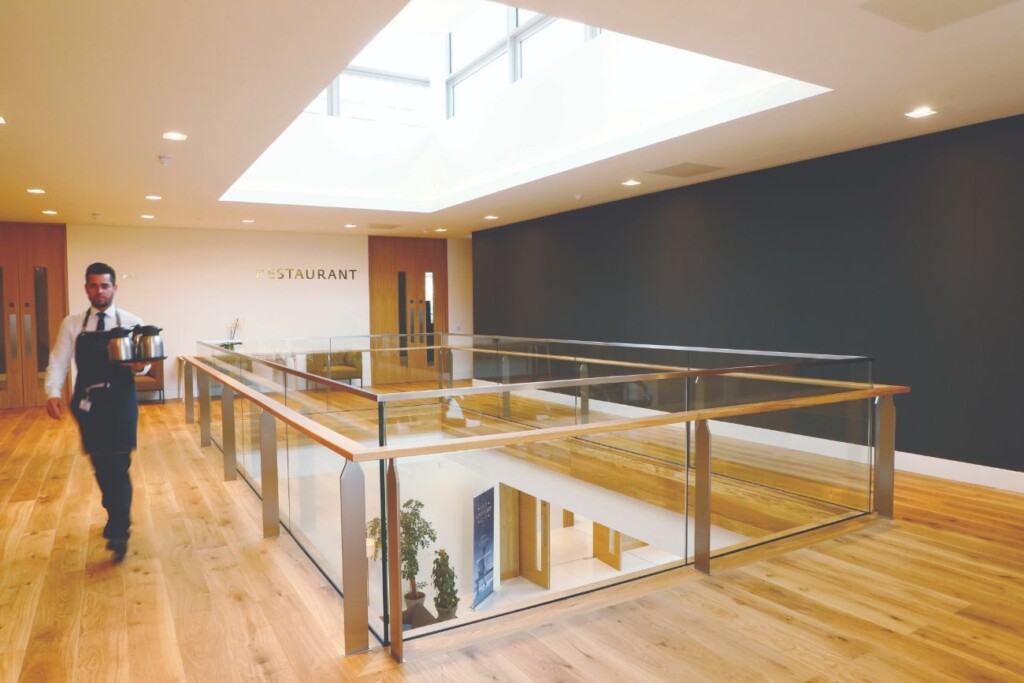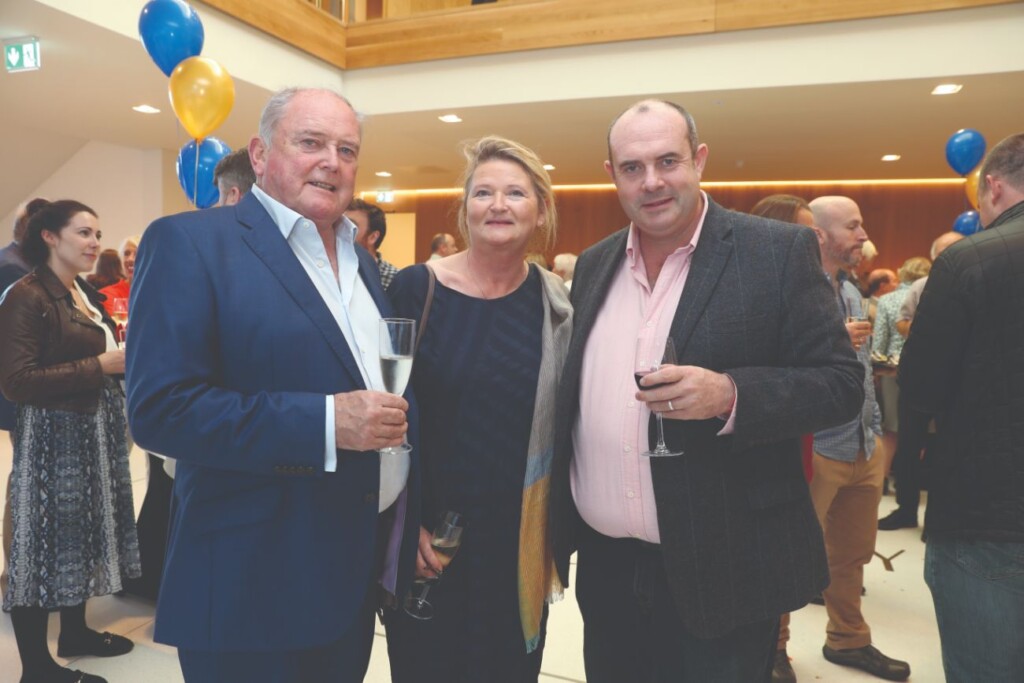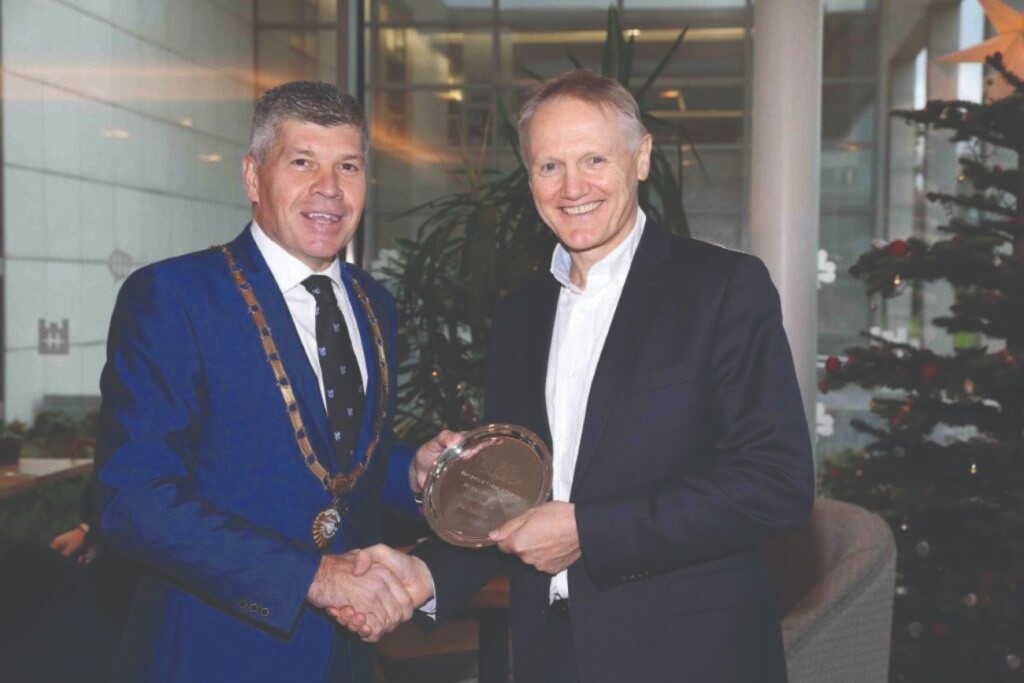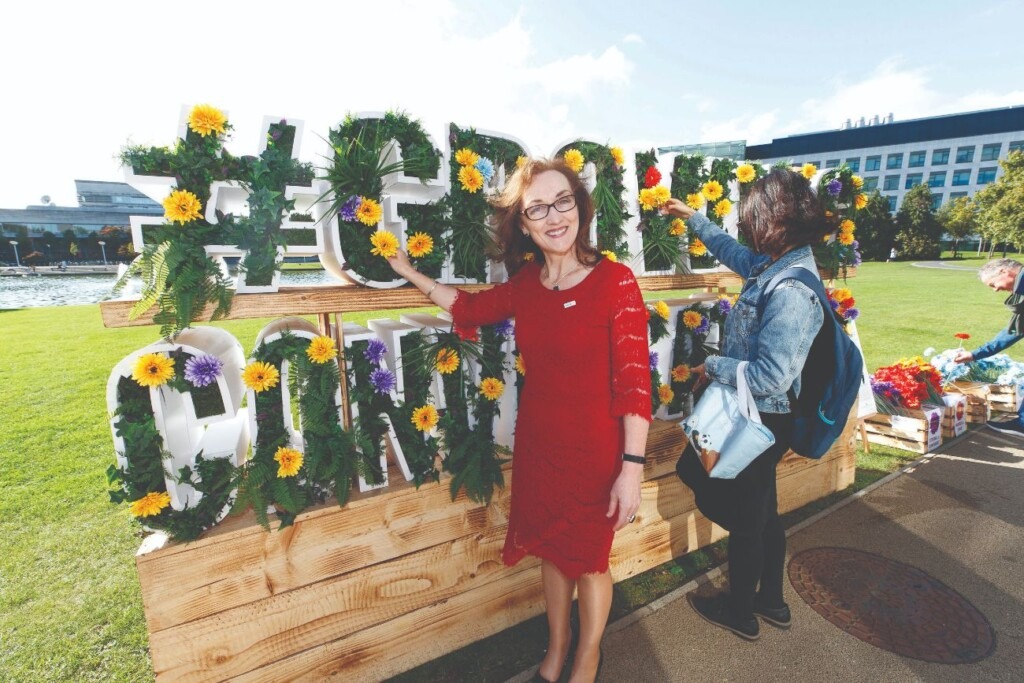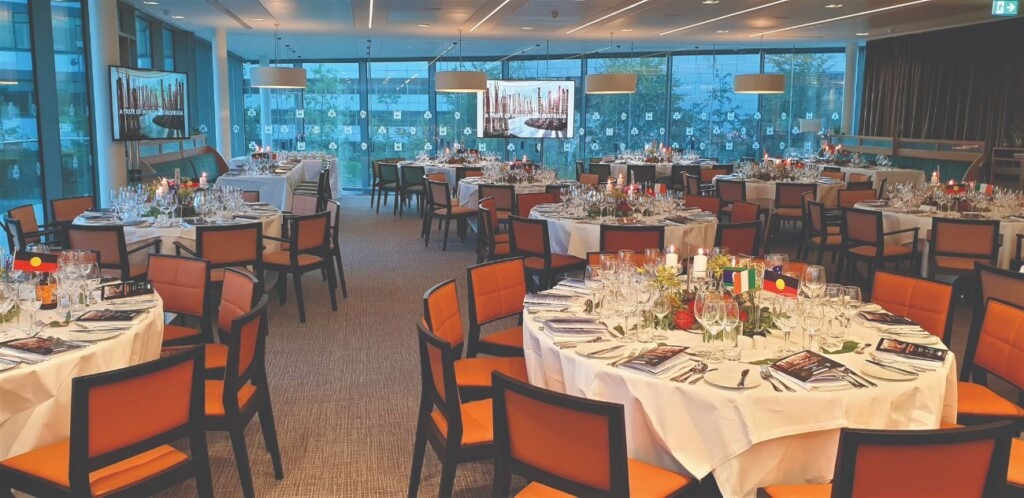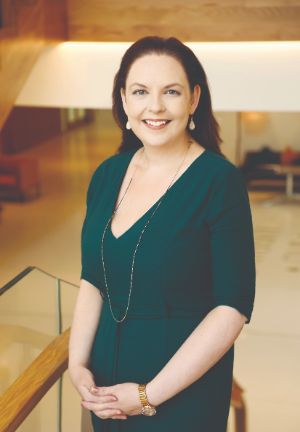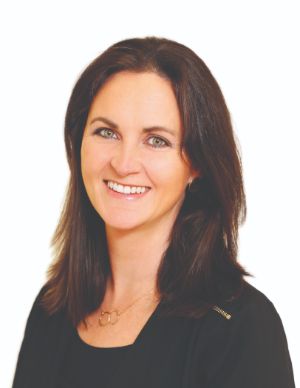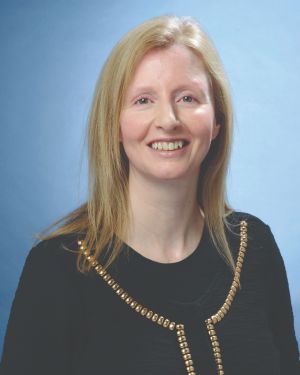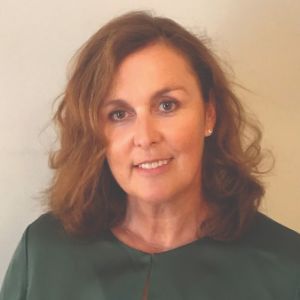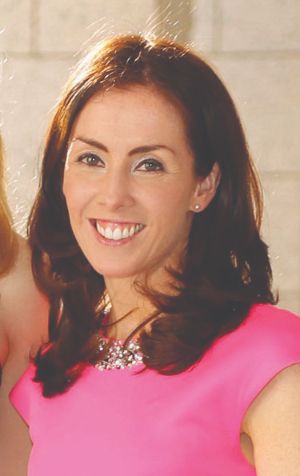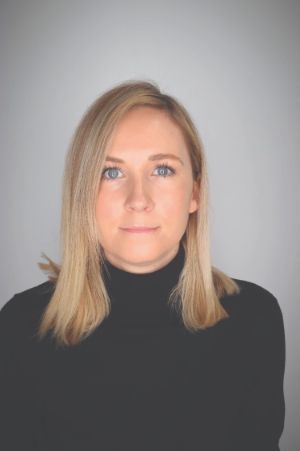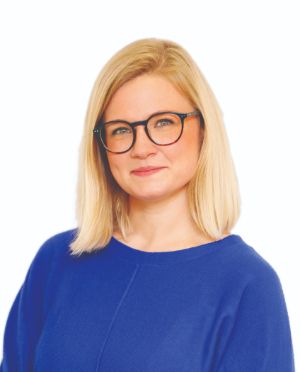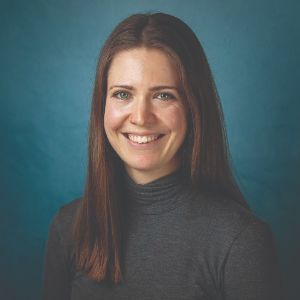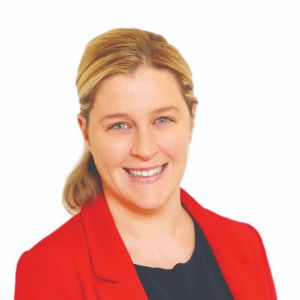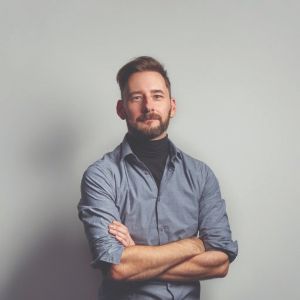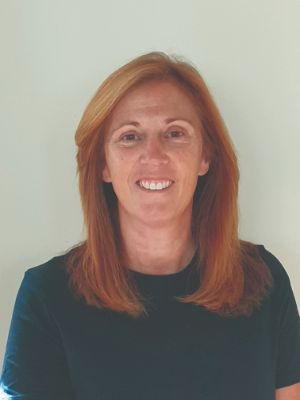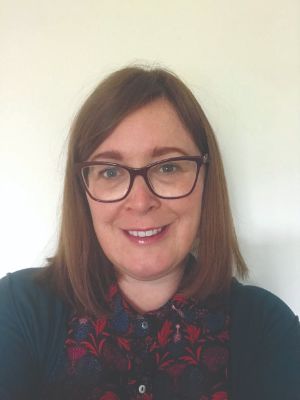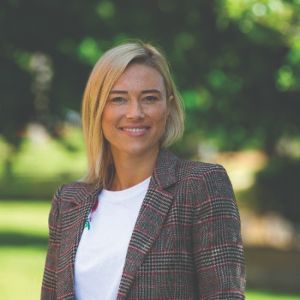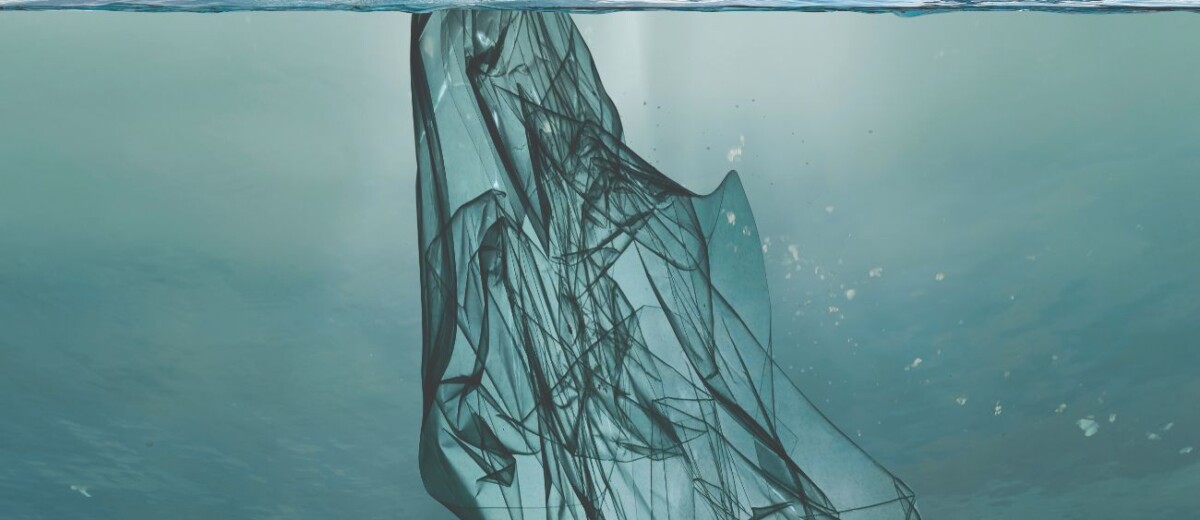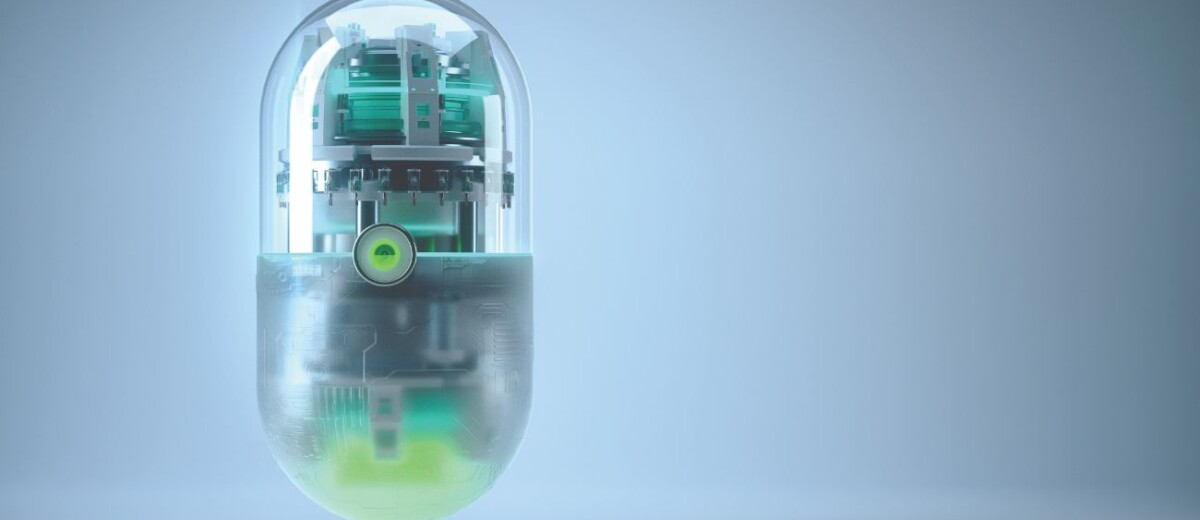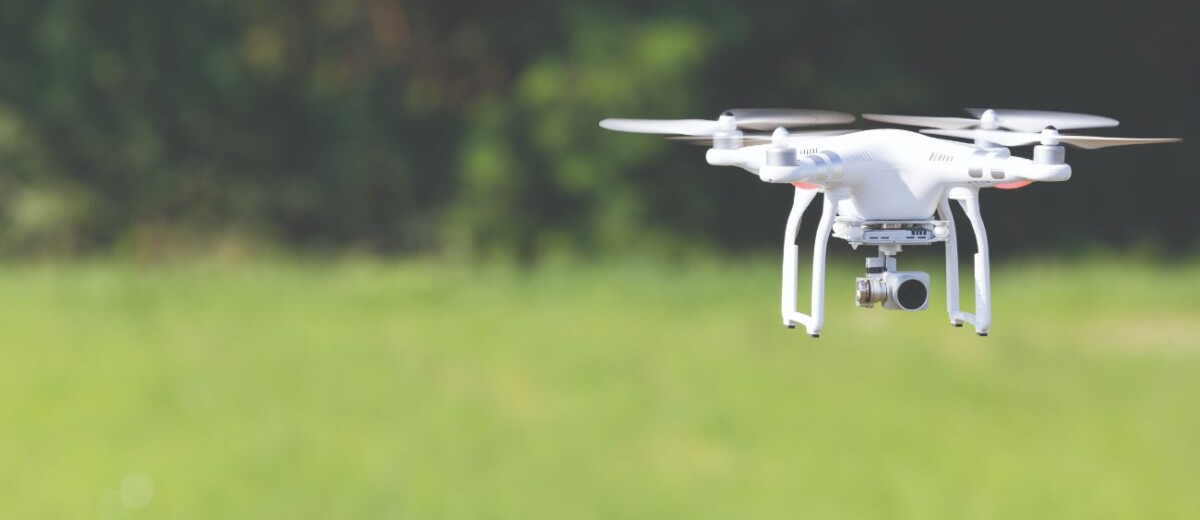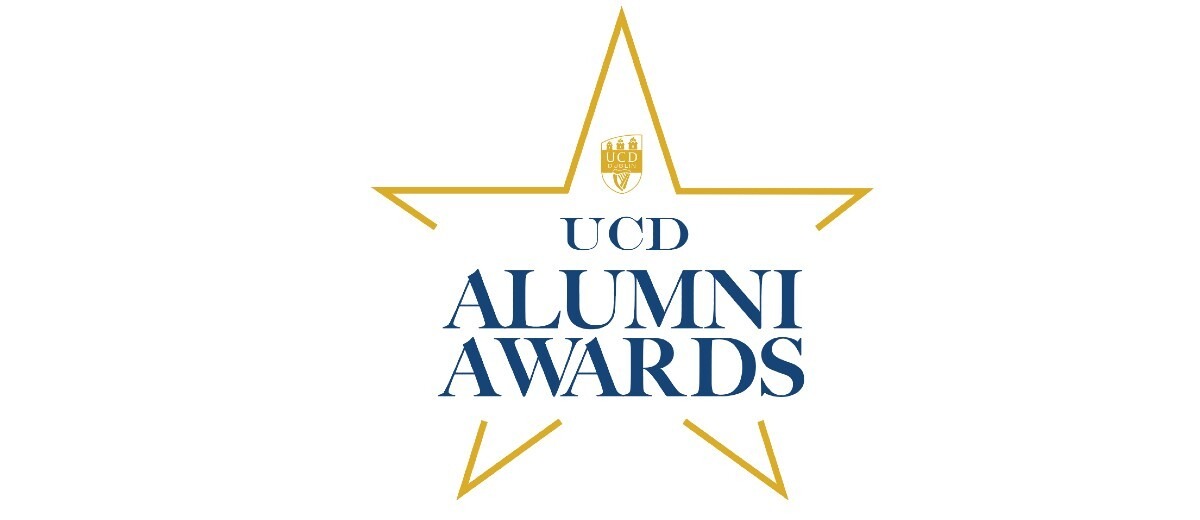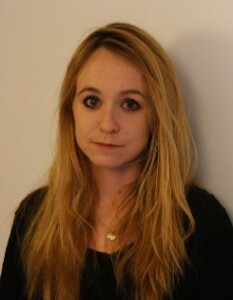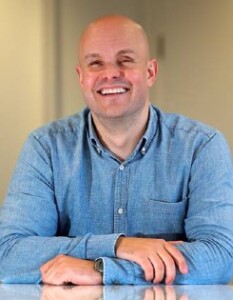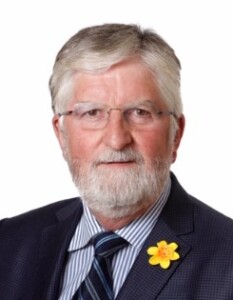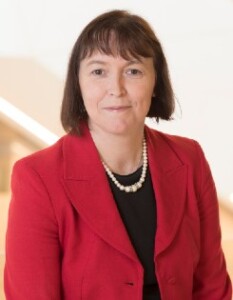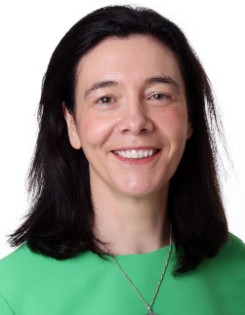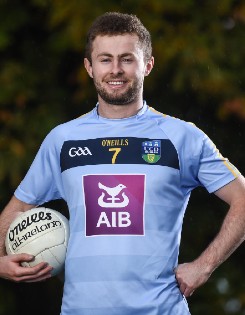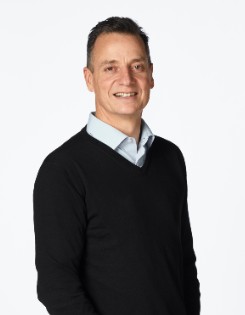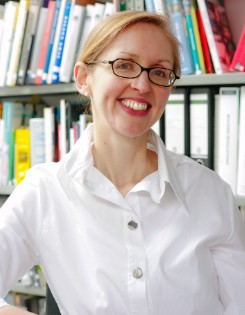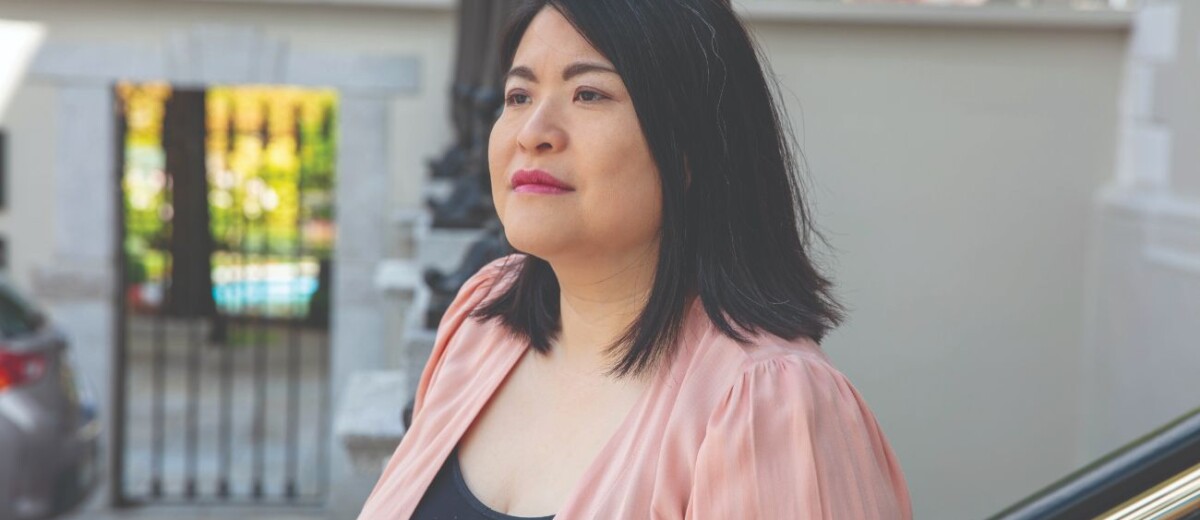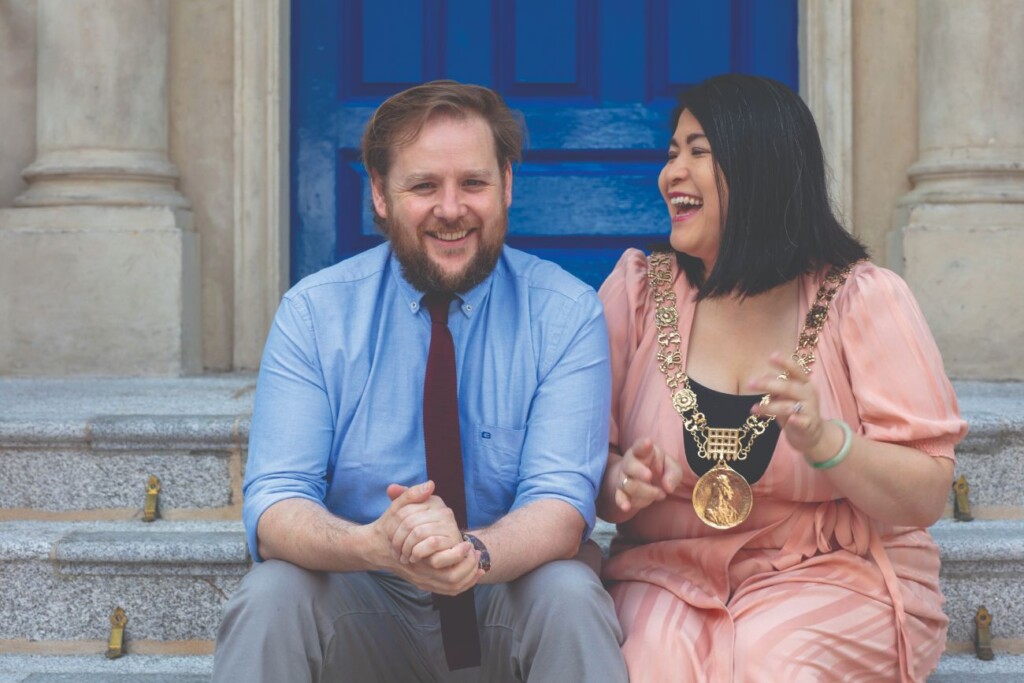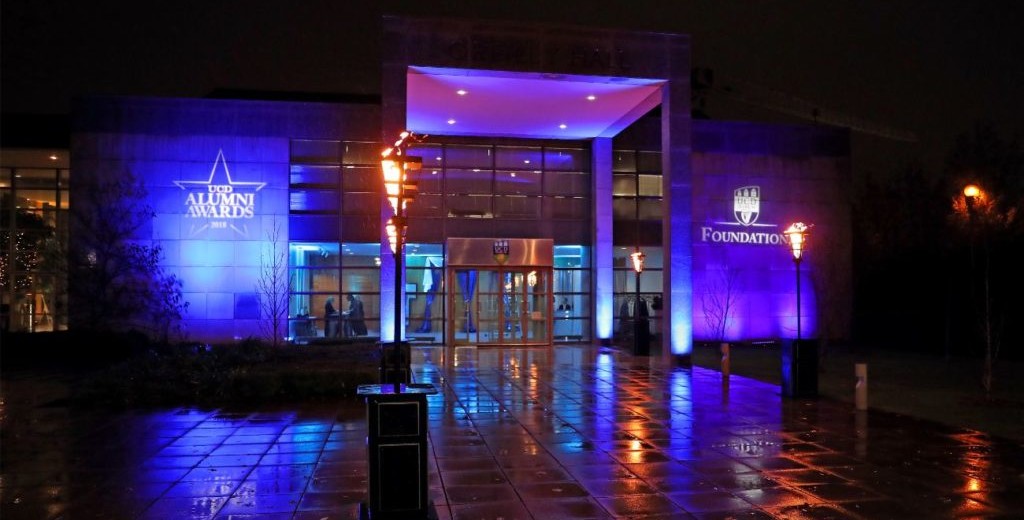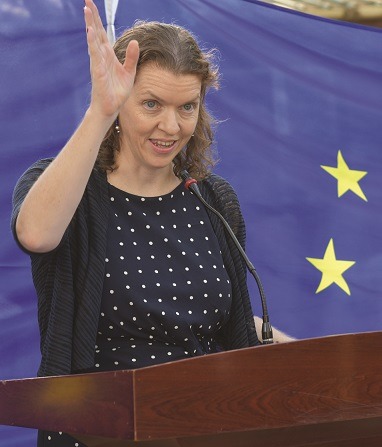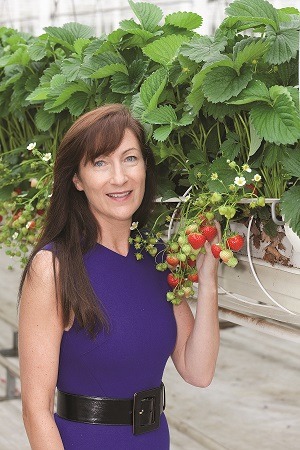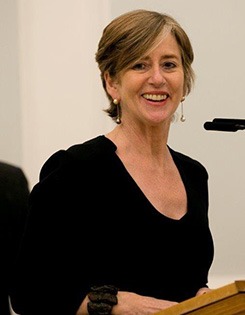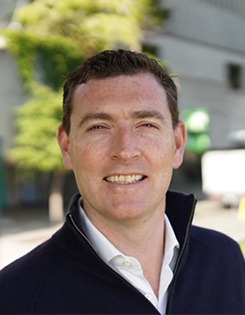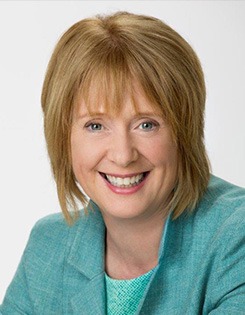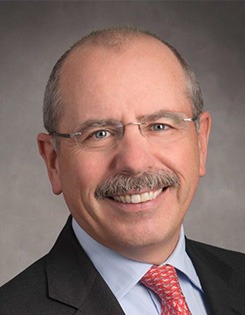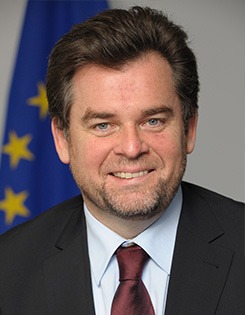IN MANY WAYS, UCD’s success as a global university is evident from a simple scan. Thirty per cent of staff at UCD are from outside Ireland and some 60 per cent of UCD research publications are co-authored with researchers from other countries. Twenty-nine per cent of UCD’s student body in Dublin is now drawn from overseas, and the University enrols a further 4,000 students in transnational education programmes in Asia. UCD is home to academic centres with a focus on the USA, Canada, China and Japan (among others) and runs 40 global alumni chapters, recognising that 30 per cent of alumni live overseas.
For UCD, this concentration of international activity flows from the conscious adoption of a strategic institution-wide approach to global engagement, as reflected in UCD’s leadership and management structures and written strategies. UCD seeks to nurture the international dimension of all of its activities – in teaching, research and outreach – through the involvement of all members of the UCD community, be they faculty, professional staff, students or alumni.
As part of the National University of Ireland system, UCD’s approach to global engagement is closely aligned with Ireland’s national priorities, including the Irish strategy for international education –“Irish Educated, Globally Connected: An International Education Strategy for Ireland, 2016-2020”– and the Global Ireland strategies pursued by the Department of Foreign Affairs and Trade.
Government strategies recognise that international engagement is crucial to Ireland’s economic success, and that the Irish diaspora represent an invaluable opportunity for the promotion of Irish values and Irish culture abroad. Universities similarly reflect on the fact that global engagement is not an optional extra, but embedded in the fabric of what it means to be a university, given the fundamentally collaborative nature of research and discovery and the pressing need to prepare graduates for an increasingly competitive global jobs market.
As Director of UCD Global, the University’s international office, Dr Douglas Proctor is tasked with supporting UCD in the implementation of its Global Engagement Strategy and with implementing key international programmes on behalf of all Colleges and Schools, specifically in relation to student exchange and international student recruitment and support.
“One key responsibility of UCD Global is to run the five Global Centres which UCD has established,” he says. “UCD Global employs some 20 staff across the network of UCD Global Centres in the USA (New York, Chicago and Los Angeles), China, India, Malaysia and Dubai. The international office at Ireland’s Global University now operates six days a week across eight timezones in support of UCD’s global engagement.”
UCD Global Centres have been central to growing UCD’s reputation overseas from a scholarly and research perspective, as well as enabling key activities locally, whether focused on student recruitment or alumni engagement.
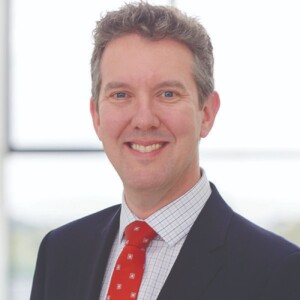
“Through the coordinated work of UCD Global, Colleges and Schools, UCD now enrols over 8,000 international students in Dublin, with students from over 140 countries,” says Dr Proctor. “This diversity is valued on-campus and by the broader Irish community, with many international students contributing to the Irish workforce during or after completion of their degrees.”
UCD’s global reputation is further enhanced by its capacity to teach a range of programmes in Asia, with over 4,000 students enrolled in programmes delivered in Malaysia, China, Hong Kong, Singapore and Sri Lanka. Flagship transnational activities include the RCSI-UCD Malaysia Campus (RUMC), one of only ten foreign university branch campuses approved by the Malaysian Government and the only such branch campus affiliated with Ireland. Founded over 20 years ago as the Penang Medical College, RUMC has been a pioneer in transnational medical education, and has significantly boosted awareness of Irish education in South East Asia.
UCD was also the first Irish university to receive approval from the Chinese Ministry of Education to establish a joint international college in China. Founded in 2012, the Beijing-Dublin International College (BDIC) is run in partnership with Beijing University of Technology and offers programmes to over 1,300 students in computer science, internet of things, electronic and information engineering, and financial economics.
In early 2020, UCD gained further approval to establish two new joint international colleges in China – Chang’an-Dublin International College of Transportation in Xi’an and Guangzhou- Dublin International College of Life Sciences and Technology in Guangzhou. “Through dual degree programmes, research collaboration and jointly supervised PhD students, these new partnerships mark a major milestone for UCD’s collaboration with one of the world’s fastest opening and most significant economies,” says Dr Proctor. “They will serve to cement the University’s place as an international and global university.”
UCD is also responding to the disruption of its international activities due to Covid-19. Having called exchange students home when Ireland went into lockdown, and encouraged international students to return home and continue their studies at a distance if they wanted to be close to their families, UCD has since made the difficult decision to suspend student exchange for the first semester in 2020. In relation to staff, UCD has suspended all overseas travel until further notice, and international research conferences and other collaborative activities have moved online. Although UCD has seen very strong interest from prospective international students to commence their studies in September, continued travel restrictions and concerns for public health will prevent many of these students from travelling to Ireland for the start of the academic year. “UCD was well-prepared for the global health crisis, and is using the lockdown as an opportunity to re-think its global engagement activities.” The UCD Global Lounge moved quickly to develop virtual offerings for students, and live and recorded webinars are now being produced faster and more professionally than ever before. Major improvements to the IT systems which support student exchange were also finalised over the summer.
“Ireland’s Global University is resilient,” says Dr Proctor. “International collaboration and a global mindset have never been more important, even if international travel is difficult in the short-term. With the support of our alumni community in Ireland and around the world, UCD is well-positioned for future success in its global engagement.”
UCD’s approach to global engagement is aligned with Ireland’s national priorities …

Michelle Tiong, Malaysia
“Studying at UCD, I made friends from all over the world and learned so much about various cultures. It broadened my mind.”
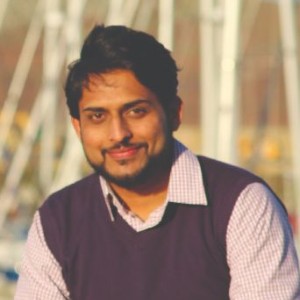
Shankar Kulkarni, India
“UCD helped me grow professionally and personally and I developed wonderful international connections with professors and costudents.”

Petter Opthun Wikdal,
Norway
“UCD is a great school with fantastic professors, and a wonderful social life. Dublin is a great city for international students.”

Sinéad McGowan,
France
“The Erasmus experience influenced the way I approached my studies, and career, and expanded my world view. I became more confident and independent.”
